Conference Program and Speaker Bios - Designing quality care: Insights on advancing child development and women’s empowerment
Women worldwide spend more time on childcare responsibilities, limiting their ability to pursue other rewarding activities and build stable careers. Access to affordable, high-quality childcare has the potential to offer multiple benefits: enhancing women’s well-being and economic empowerment, aiding child development, and improving household welfare. There is thus immense value in designing and testing cost-effective childcare solutions, particularly in low-income settings, to help unlock these gains for young mothers, their children and their families.
The Yale Economic Growth Center and Yale Inclusion Economics, in collaboration with the MacMillan Center Council on African Studies at Yale University and the Gates Foundation, are hosting a research-policy dialogue on 7 May 2025 at Yale University. This event will spotlight a research-policy partnership between the Government of Tharaka Nithi County in Kenya and an interdisciplinary team of researchers from Yale University, Kenyatta University, Bangor University, and the University of West Indies, highlighting emerging insights from a project examining the impacts of enriching public preschool quality and expanding access to younger children on children's and mothers' outcomes.
Furthermore, the event will bring together academic experts in child development, economics, and gender, alongside experienced practitioners, thought leaders, and senior policymakers with deep expertise across these domains, with the aim of deepening our collective understanding of how childcare programs can be designed to improve child development and women’s socioeconomic outcomes. Drawing on evidence from diverse global contexts, the dialogue will also seek to identify priority policy questions for future research, with a particular focus on insights and applications for policy in Kenya.
Agenda
Registration and coffee (8-8:30am)
Welcome and Intro (8:30-8:45am)
- Deanna Ford (Yale University)
- Judith Waudo (Kenyatta University)
Session 1: An Overview of the Kenyan Context (8:45-10am)
Research Presentations:
- Teresa Mwoma (Kenyatta University)
- Simon Onywere (Kenyatta University)
- John Samson Oteyo (Kenyatta University)
- Discussant: Dorothy Naivasha (Tharaka Nithi County Government)
Coffee break (10-10:20am)
Session 2: Adaptation and Implementation of ECD Intervention and Child Outcomes Measurement (10:20-11:20am)
Research Presentations:
- Brian Murithi (Kenyatta University)
- Marsha Bowers (The University of the West Indies)
- Taja Francis (The University of the West Indies)
- Discussant: Michelle Neuman (Federation of American Scientists)
Session 3: Enhancing Child Development: The Role of Early Childhood Care and Education (11:20-1:00pm)
Research Presentations:
- Florencia Lopez Boo (New York University)
- Helen Baker-Henningham (Bangor University)
- Amer Hasan (World Bank)
Panel discussion:
- Christopher A. Neilson (Yale University)
- Helen Baker-Henningham (Bangor University)
- Amer Hasan (World Bank)
- Moderator: Rachel Hartgen (CARE)
Lunch (1:00-2:00pm)
Session 4: Care expansion as a lever for women’s socioeconomic empowerment (2:00-3:40pm)
Research Presentations:
- Costas Meghir (Yale University)
- John Eric Humphries (Yale University)
- Ingvild Almås (Stockholm University)
Panel discussion:
- Ms. Grace Wasike (State Department for Gender and Affirmative Action, Kenya)
- Costas Meghir (Yale University)
- John Eric Humphries (Yale University)
- Ingvild Almås (Stockholm University)
- Moderator: Radu Ban (Gates Foundation)
Coffee break (3:40-4:00pm)
Session 5: Psychosocial benefits of care provision and employment for women’s well-being (4:00-4:40pm)
Research Presentations:
- Anne Fitzpatrick (The Ohio State University)
- Deniz Sanin (University of South Carolina)
- Discussant: Sarah Deschênes (Africa Gender Innovation Lab, World Bank)
Session 6: Keynote panel (4:40-5:40pm)
Keynote Panelists:
- H.E. Onesmus Muthomi Njuki (Governor, Tharaka Nithi County Government)
- Madam Anne Wang'ombe (Principal Secretary, State Department for Gender and Affirmative Action, Kenya)
- Joyce Adolwa (Associate Vice President, Department of Education and Child Protection, Save the Children)
- Moderator: Deanna Ford (Yale University)
Closing remarks
- Judith Waudo (Kenyatta University)
- Radu Ban (Gates Foundation)
- Deanna Ford (Yale University)
Reception
Speakers (ordered by last name alphabetically):
Joyce Adolwa
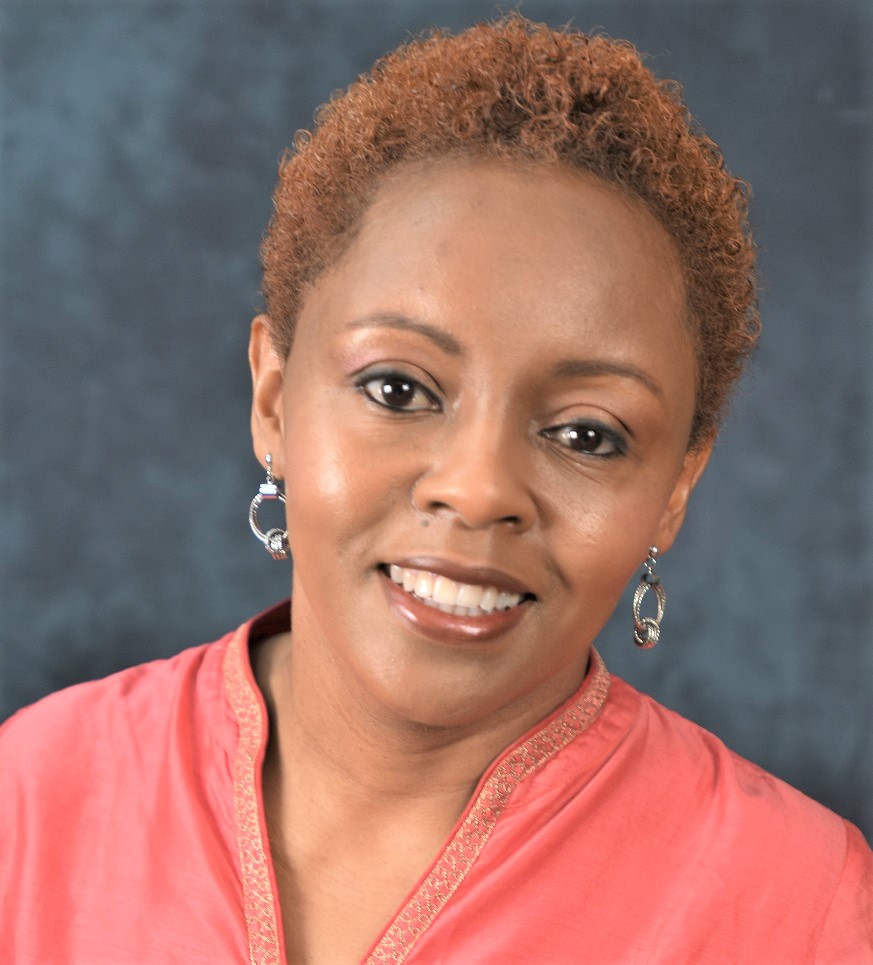
Joyce Adolwa (Associate Vice President, Department of Education and Child Protection, Save the Children)
Joyce Adolwa is a nonprofit and philanthropic leader, who delivers change by evolving strategy and adjusting business models to realize impact in different contexts. She is currently serving at Save the Children, US where in the last 5 years has served as Head of the Departments of Education and Child Protection overseeing ECCD, Basic Education, Child Protection and School Health and Nutrition efforts. She is transitioning to an expanded role at SCUS where she will provide strategic leadership, vision and innovation for SCUS’s International Programs Technical teams overseeing Education, Child Protection, Health, Food Security and Research teams. Our goal is to facilitate impact breakthroughs for children, at scale, in the most resource constrained settings across the globe.
Prior to joining Save the Children, Joyce led the Girls Education and Empowerment efforts at CARE USA, worked in defining early childhood and support to orphans and vulnerable children with the Hope for African Children Initiative, and earlier in her career worked at Aga Khan University Hospital in Nairobi, Kenya driving their marketing and public relations agenda.
Ingvild Almås
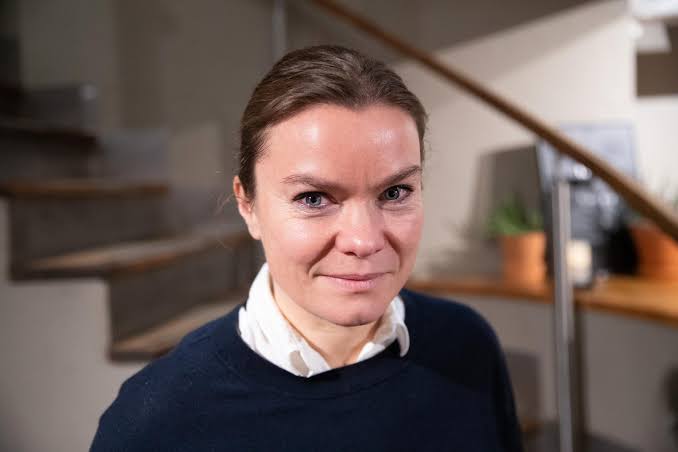
Ingvild Almås (Professor of Economics, Institute for International Economic Studies, Stockholm University)
Ingvild Almås is a Professor of Economics, Institute for International Economic Studies (IIES), Stockholm University (SU).
Her main research focuses on gaining a better understanding of economic inequalities. Her research on Economic Inequality has been published in economic journals such as American Economic Review, Journal of Political Economy, and Econometrica, as well as in multidisciplinary journals such as Science, PNAS, and Management Science. In 2020 she was awarded a highly competitive ERC Consolidator Grant for her work on inequality within households and household decision making. Her main research efforts are now devoted to the large-scale research program Kizazi Kijacho, aiming to improve our understanding of household decision making and the dynamic complexities in the child development process, and to evaluate and support the design of scalable models for child development, poverty elevation, and gender equality.
Almås serves on the Committee of Monetary Policy and Financial Stability at the Norwegian Central Bank. She is also a PI at FAIR center of Excellence at Norwegian School of Economics, an International Research Fellow at Institute for Fiscal Studies in London, a CEPR fellow, a member of the European Standing Committee of the Econometric Society, and a member of the European Economic Association Council. She has for several years served as an Editor and co-Editor of different journals, e.g., the Scandinavian Journal of Economics.
Helen Baker-Henningham
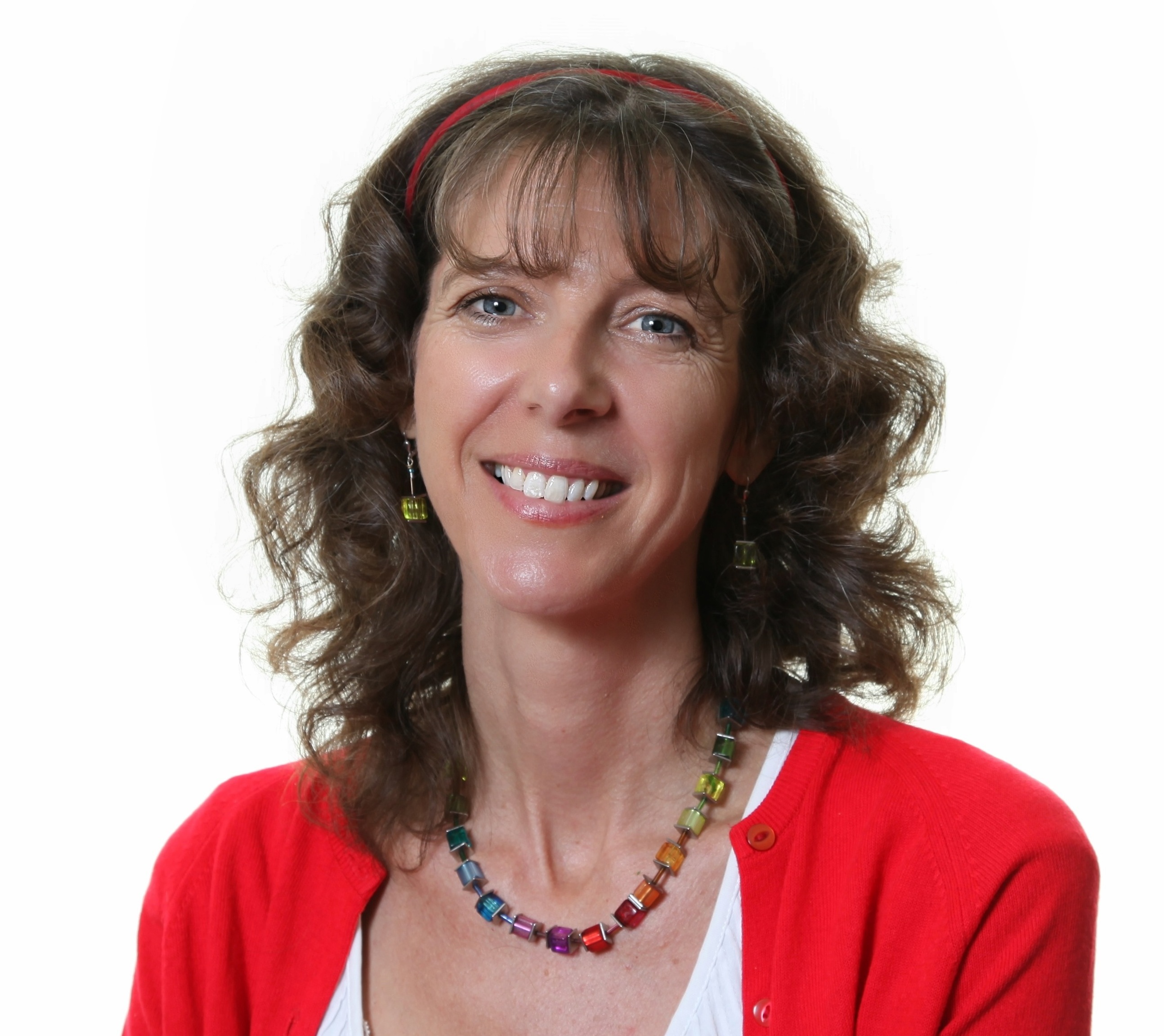
Helen Baker-Henningham (Professor of Psychology, Bangor University)
Helen Baker-Henningham is Professor of Psychology in the School of Psychology and Sport Science at Bangor University, UK and a Visiting Professor at the Caribbean Institute for Health Research (CAIHR), University of the West Indies (UWI), Jamaica. Helen’s research focuses on early childhood interventions to promote child development, behaviour and mental health and to prevent violence against children in low- and middle-income countries.
Helen leads the Irie Toolbox Team within CAIHR, UWI whose work involves designing, implementing, evaluating, and scaling up interventions to prevent violence against children at home and at school. Helen is also a founding member of the Reach-Up team. Reach Up is an evidence-based, early childhood parenting intervention implemented in more than twenty countries across the Caribbean and Latin America, South Asia, East Asia, Central Asia, Africa, and with refugee populations in the Middle East.
Helen is currently working on research studies in Bangladesh, Colombia, Indonesia, Jamaica, and Kenya.
Radu Ban

Radu Ban (Senior Program Officer, Gates Foundation)
Radu Ban is a Senior Program Officer at the Gates Foundation, where he leads measurement and cost-effectiveness work for the Women’s Economic Empowerment (WEE) strategy. He oversees a portfolio of research grants—including randomized controlled trials—focused on interventions such as ultra-poor graduation programs and access to childcare services across countries like India and Kenya. Radu also develops outcome and impact indicators to track progress across the WEE strategy, provides technical support to program officers, and drives the adoption of rigorous methods across the team’s learning agenda. With over 15 years of experience in development economics, he applies causal inference and mixed-methods approaches to improve program and policy impact in the areas of gender equality, public health, and poverty reduction. Prior to joining the Gates Foundation, Radu worked at the World Bank’s Development Impact Evaluation (DIME) initiative, leading impact evaluations in fragile states and coordinating research on local governance and community-driven development. He holds a Ph.D. in Economics from the London School of Economics and a B.A. in Economics from Harvard University.
Sarah Deschênes
Sarah Deschênes (Economist, Africa Gender Innovation Lab, World Bank)
Sarah Deschênes is an Economist at the Africa Gender Innovation Lab (GIL) of the World Bank. She is the childcare focal point for the Africa GIL team. She received her Ph.D. in Economics from the Paris School of Economics in February 2022. From September 2021 to 2023, she was a Weiss Postdoctoral Fellow at the Economics Department of Northwestern University and was affiliated to the Global Poverty Research Lab (GPRL).
Her research is at the intersection of development economics, family and gender economics. She works on domestic violence, intrahousehold inequalities, women’s marital well-being, adolescent girls’ autonomy, social norms, and childcare in sub-Saharan countries. She also works on education in the Middle-East and North Africa (MENA). Her research aims to understand the determinants of gender inequality and identify adequate policies to reduce it. Her work equally relies on exploiting natural experiments in conjunction with large-scale household surveys, as well as randomized controlled trials (RCT).
Florencia Lopez Boo
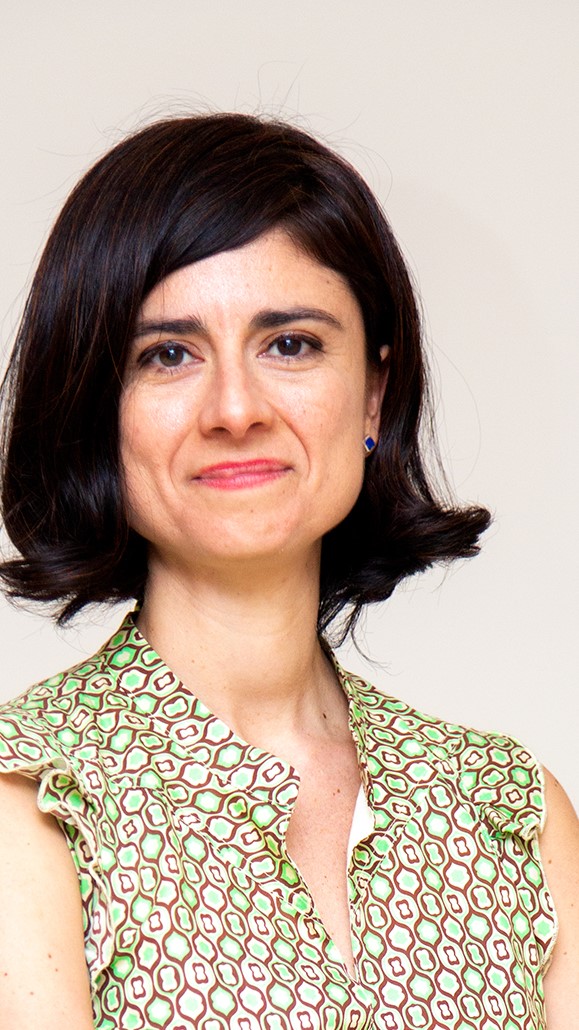
Florencia Lopez Boo (Professor of Economics and Applied Psychology, New York University)
Dr Florencia Lopez Boo holds a PhD in Economics from the University of Oxford (UK). She is currently a Professor of Economics and Applied Psychology and the Director of Global TIES for Children Center at New York University (NYU). Before joining NYU, she was at the Inter-American Development Bank for 15 years, where she led the Early Childhood Development (ECD) agenda, the IDB ECD Innovation Fund, and an initiative on behavioral economics and social policies. She advises governments in Latin America on the design, implementation, monitoring and evaluation of public policies on child development, social protection and health. She is founding member and former Head of the Latin-American Economics Association Behavioral Insights network (LACEA-BRAIN). She has published articles in specialized journals such as the Lancet, Pediatrics, and Journal of Development Economics, among others. She is a member of various global boards and an active promoter of diversity: she was a founding member of networks of women economists globally and in LAC.
Marsha Bowers
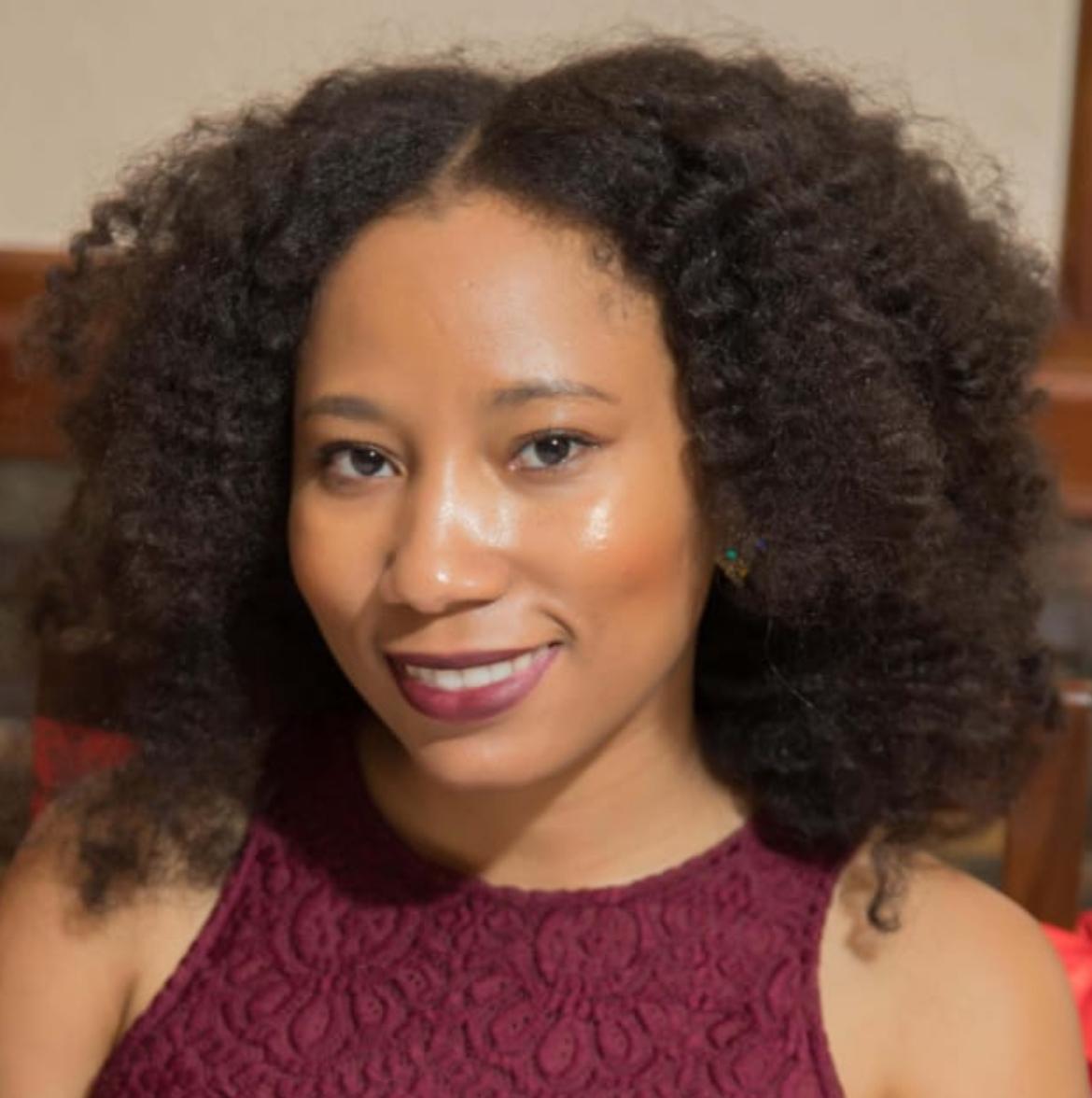
Marsha Bowers (Research Fellow, The University of the West Indies)
Marsha Bowers is a Research Fellow and PhD candidate at the Caribbean Institute for Health Research. Her research centers on the development, implementation, and evaluation of the Irie Classroom Toolbox—an early childhood violence-prevention and teacher-training program in Jamaica. She holds an MPhil in Botany and a BSc in Botany and Zoology. Marsha has extensive experience in designing and delivering teacher-training workshops, developing structured observational schedules, co-authoring intervention manuals and coaching protocols, and conducting a wide range of assessments in preschool and primary school settings. She actively collaborates with national stakeholders to integrate evidence-based teacher-training practices into early childhood institutions in Jamaica.
Anne Fitzpatrick
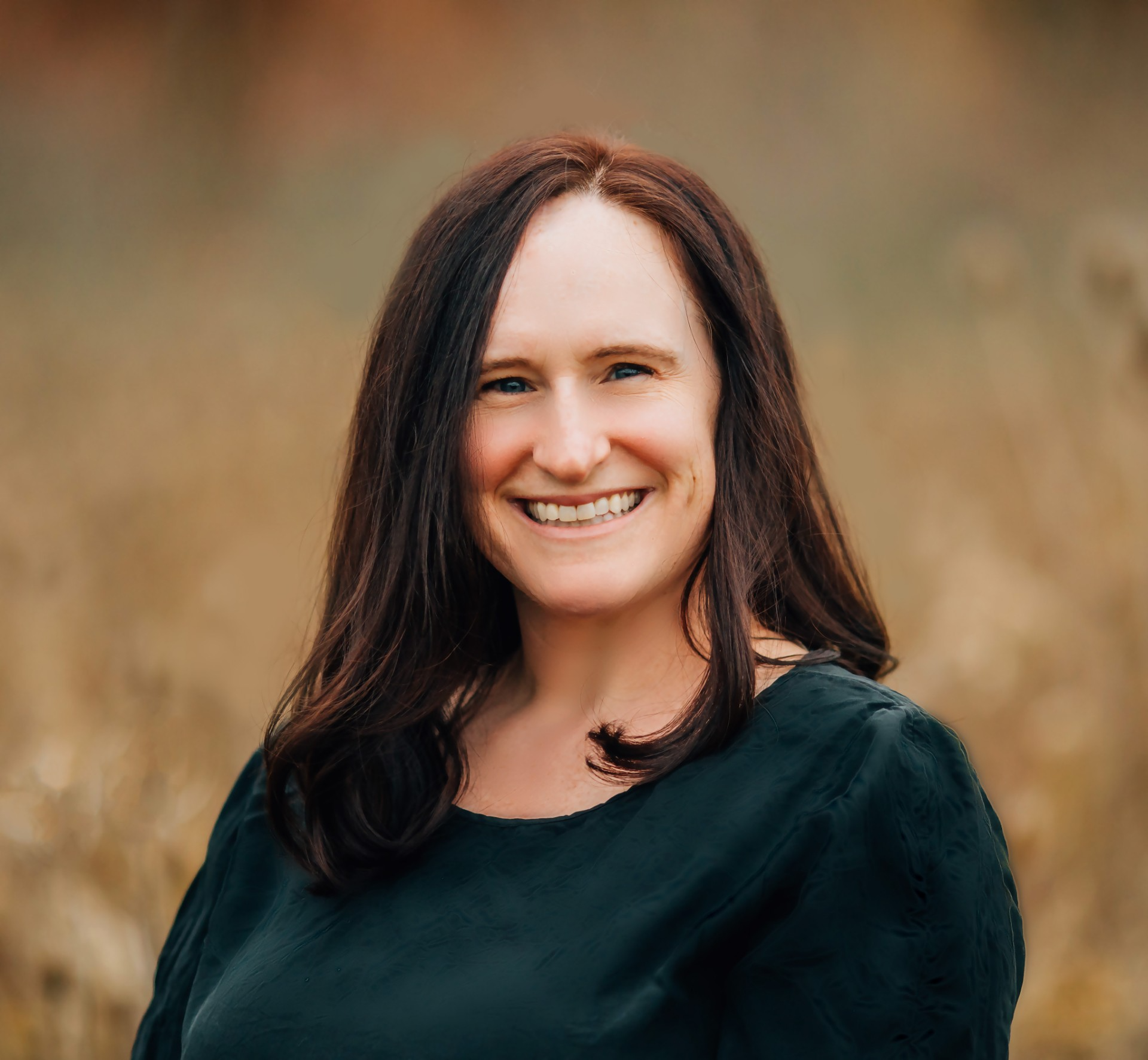
Anne Fitzpatrick (Associate Professor of Development Economics, The Ohio State University)
Anne Fitzpatrick is an Associate Professor of Development Economics at The Ohio State University's Department of Agricultural, Environmental, and Development Economics. She was awarded a dual Ph.D. in Economics and Public Policy from the University of Michigan in 2015. Her research focuses on health and education in developing countries, particularly issues affecting women and children. She specializes in conducting randomized evaluations aimed at testing policies to improve health care and education quality, with the ultimate goal of improving the well-being of individuals worldwide.
Deanna Ford
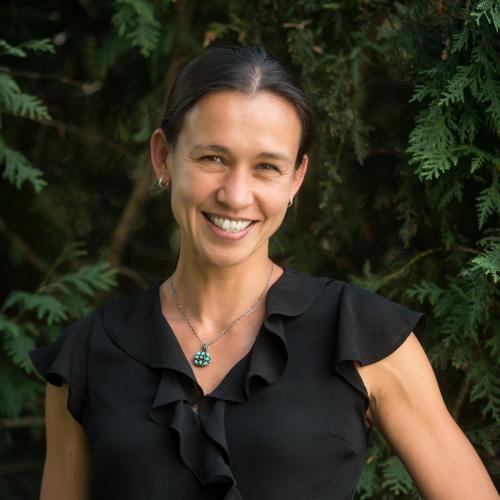
Deanna Ford (Managing Director, Yale Inclusion Economics; Senior Adviser Economic Growth Center)
Deanna Ford is the Managing Director of Yale Inclusion Economics and Senior Adviser at the Economic Growth Center. She also worked with Yale’s Tobin Center for Economic Policy as a Senior Adviser. Previously, she was the Executive Director of Evidence for Policy Design at Harvard Kennedy School, where she led growth, partnership development, and organizational strategy of a team of over 50 based at HKS and abroad. Her particular interests lie in building strong inroads for research and evidence to contribute to concrete policy improvements that benefit the lives of citizens worldwide. Deanna has also worked for the International Monetary Fund, Agora Partnerships, the World Bank, the Asian Development Bank, the Center for Research on Children in the U.S. and the Fabretto Children’s Foundation. She has lived in Nicaragua, Zambia and Rwanda. Deanna completed her Master of Public Policy at Georgetown University and her B.A. in economics at Princeton University.
Taja Francis
Taja Francis (Research Fellow, The University of the West Indies)
Taja Francis is a Research Fellow at the Caribbean Institute for Health Research (CAIHR) at the University of the West Indies. She holds a Ph.D. in Epidemiology from the University of the West Indies, as well as a B.Sc. in Molecular Biology and Chemistry and an M.Phil. in Biotechnology. Her research focuses on designing, implementing, evaluating, and disseminating interventions to prevent violence against children, reduce early antisocial behaviour, and promote children's social-emotional competence and school readiness. She has over ten years of experience managing randomized controlled trials of early childhood development interventions. She collaborates closely with stakeholders such as the Early Childhood Commission, the Ministry of Education, UNICEF Jamaica, and the World Bank to integrate effective interventions into teacher- and parent-training initiatives, ensuring that research findings translate into meaningful, real-world applications.
Rachel Hartgen

Rachel Hartgen (Senior Director of Education and Skills, CARE)
Rachel Hartgen is the Senior Director of Education and Skills for CARE USA’s Program Strategy and Innovation Team where she manages a global portfolio of education and skills programs targeted at adolescents and youth. Rachel brings over 17 years’ experience in expanding educational and economic opportunities for the world’s most vulnerable groups, including women and girls, having designed and implemented multi-million, cross-sectoral programs funded by USAID, FCDO, GPE, and others across Africa, Asia, and Latin America. She holds a dual master’s in Economics and International Development.
Amer Hasan
Amer Hasan (Senior Economist, Education Global Practice, World Bank)
Amer Hasan is a Senior Economist with the Education Global Practice of the World Bank. He serves as the Bank’s focal point on Early Childhood Development. He has worked in South Asia, East Asia and the Latin America and the Caribbean regions on both operations and analytical tasks. His research covers a number of areas including: (i) evaluating the impact of ECD and schooling interventions; (ii) assessing the availability and quality of ECD services, and (iii) monitoring and planning for resilient school infrastructure. Amer holds PhD and Master of Public Policy degrees from the University of Chicago as well as a BA from Yale University.
Brian Murithi Humphrey
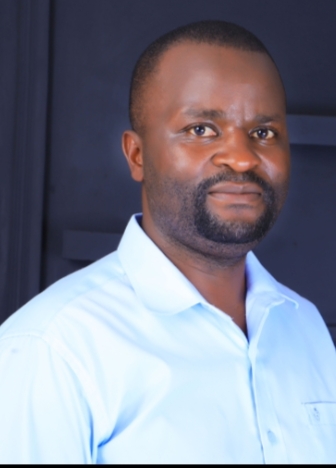
Brian Murithi Humphrey (Kenyatta University)
Brian Murithi Humphrey serves as the Intervention Supervisor at the Kenyatta University Women’s Economic Empowerment (KU-WEE) Hub, overseeing a cluster-randomized trial of a preschool enhancement program in Tharaka Nithi County, Kenya. He is responsible for overall oversight of intervention implementation and trains and supervises a team of mentors who in turn train and support preschool teachers. Brian has a M.Ed. in Early Childhood Education from Kenyatta University, Nairobi, and is currently studying for a PhD in Psychology at Bangor University, UK. He founded and served as co-director of Chuka Oasis Institute, which has been training Early Childhood Development (ECD) teachers at the certificate and diploma levels since 2009. Additionally, he has worked as a tutor, training teachers at the Presbyterian Teachers' College in Tharaka Nithi County.
John Eric Humphries
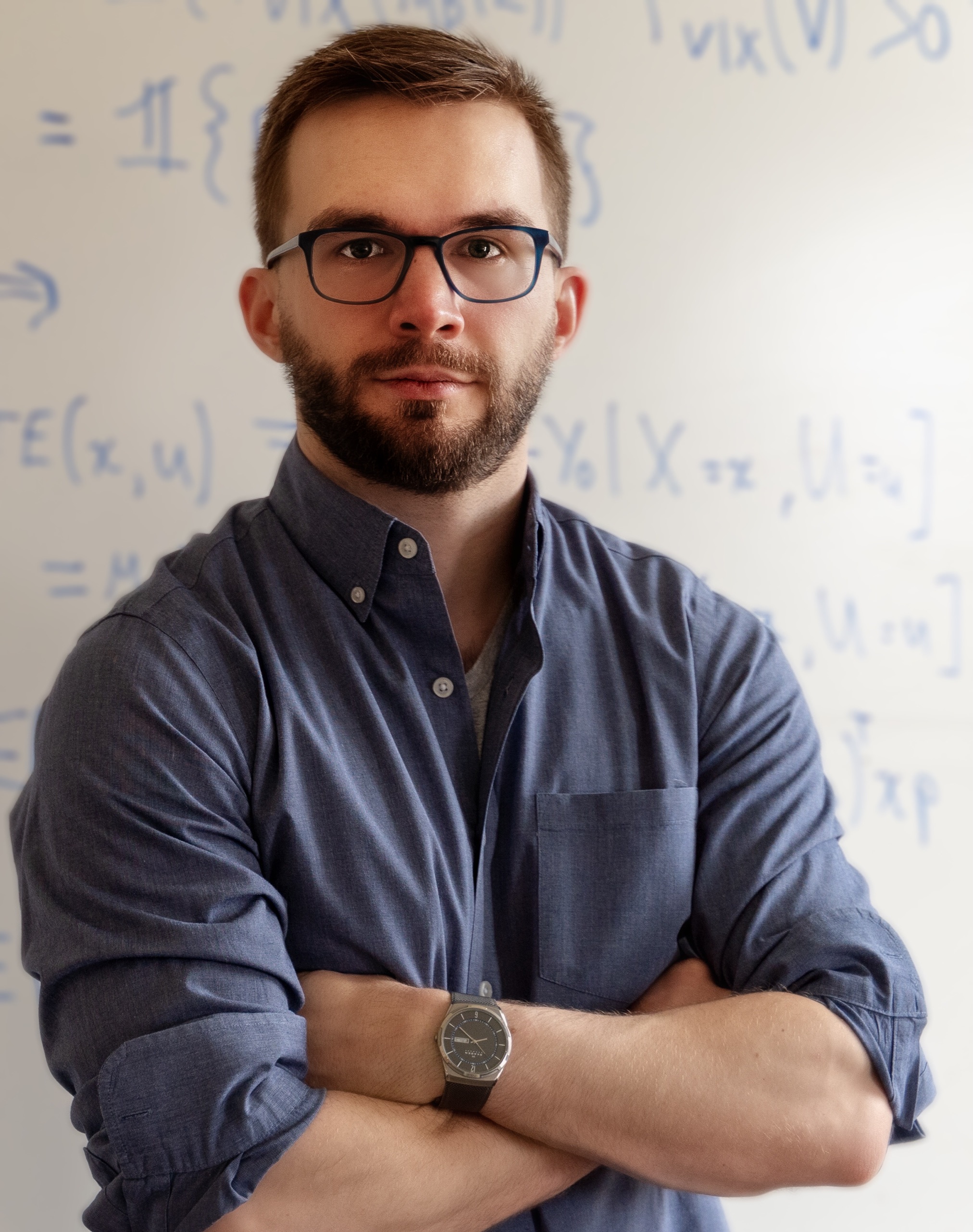
John Eric Humphries (Assistant Professor of Economics, Yale University)
Professor Humphries is a labor economist who combines economics and econometrics methods with large administrative data to inform public policy in two domains: education and housing. In education, his work focuses on understanding individuals' and households' educational decisions and the returns to those decisions, such as the impacts of pre-kindergarten on children and their parents. In housing, his work focuses on quantifying the prevalence and impact of evictions, and on evaluating policies designed to benefit low-income renters and prevent homelessness. He is an associated editor at JPE Micro Economics and the Review of Economics and Statistics. His work has been published in the Quarterly Journal of Economics, the Journal of Political Economy, and the Journal of Labor Economics. He is a faculty research fellow at the National Bureau of Economic Research and a faculty affiliate at the Inclusive Economy Lab.
Costas Meghir

Costas Meghir (Douglas A. Warner III Professor of Economics, Yale University)
Costas Meghir is the Douglas A. Warner III Professor of Economics at Yale University. He obtained his Ph.D. from Manchester University. He is a Member of the American Academy of Arts and Sciences, Fellow of the Econometric Society, Fellow of the British Academy, and Fellow of the Society for Labor Economics. He was awarded the Ragnar Frisch medal by the Econometric Society in 2000 and the Bodosakis Foundation prize in 1997. He has been co-editor of Econometrica and joint managing editor of the Economic Journal. His current research is focused on informal labor markets, labor supply and welfare programs, the economics of the family, including marriage markets and intrahousehold allocation of resources, and on human capital and early childhood development (ECD). He is involved in designing and testing ECD interventions by RCT in both developing countries and the US, aimed at improving child outcomes and mitigating the intergenerational transmission of poverty.
Teresa Mwoma
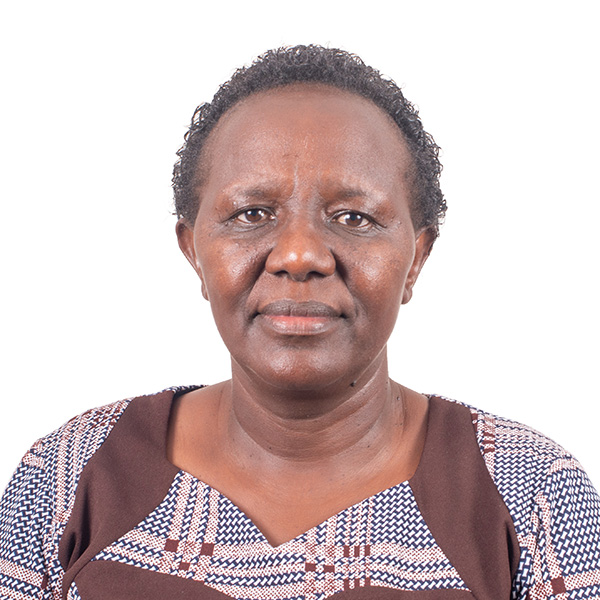
Teresa Mwoma (Kenyatta University)
Prof. Teresa Mwoma is a distinguished scholar, advocate, and leader committed to advancing the rights of marginalized families and vulnerable children. She holds a Post-Doctoral Research Fellowship from the University of Johannesburg, focusing on psychosocial and educational support for orphans in Soweto. Prof. Mwoma earned her Ph.D. in Early Childhood Studies from Kenyatta University, Kenya, with research on paternal involvement in education. Since October 2020, she has served as Executive Director of the African Council for Distance Education, providing strategic leadership and enhancing organizational visibility. She is also the founder and National Coordinator of the ECD Network for Kenya and an Associate Professor at Kenyatta University. Prof. Mwoma has contributed to national policy development and led research funded by global organizations like the Gates Foundation and UNESCO. Balancing her professional achievements with a strong family life, Prof. Mwoma continues to champion early childhood development and educational reforms in Kenya and across Africa.
Dorothy Naivasha

Dorothy Naivasha (County Executive Committee Member for Education and Vocation Training, Tharaka Nithi County)
Dorothy Naivasha is the current County Executive Committee Member overseeing the Education Docket in Tharaka Nithi County. She holds a degree in Economics from Kenyatta University and a Master of Business Administration candidate specializing in Strategic Management. She has over seven years of experience in local government administration. Her role entails ensuring the effective implementation of county and national legislation, coordinating administrative functions, and providing strategic advisory support to the Governor and County Executive.
Her commitment to the education sector is evident in her efforts to enhance quality assurance by uniting key stakeholders to improve learning outcomes. She is also a passionate advocate for gender equality, actively integrating gender mainstreaming into County policies and programs and improving financial management, reporting, efficiency, and decision-making in Tharaka Nithi.
Dorothy is the Co-Principal Investigator for a pioneering randomized evaluation assessing the impact of a preschool intervention on child learning and women’s empowerment in Tharaka Nithi County. Her work reflects a strong dedication to inclusive, evidence-based governance and sustainable community development and a vision for improved learning outcomes for all learners in Kenya who stand to benefit from innovative interventions in the education sector.
Christopher A. Neilson
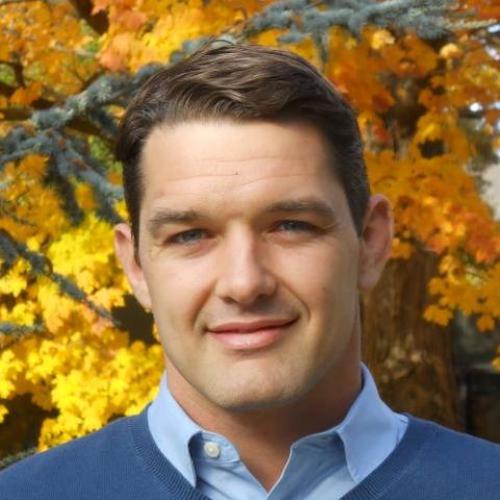
Christopher A. Neilson (Professor of Economics and Global Affairs, Yale University)
Christopher A. Neilson is an applied microeconomist, and his research focuses on the study of education markets and policies that promote equitable opportunities for human capital accumulation. He works closely with governments to help them leverage their data, existing evidence, and technology, to design, evaluate, and implement new education policies. These collaborations include the governments of Chile, Peru, Ecuador, Colombia, Brazil, and the Dominican Republic.
He is a Professor of Economics and Global Affairs at Yale University. He has appointments at the Department of Economics and the Yale Jackson School of Global Affairs. He is a member of the Center for Algorithms, Data, and Market Design and the Yale Economic Growth Center. He is also a member of National Bureau of Economic Research Industrial Organization and Education Economics programs. He is also an affiliate of the J-PAL network.
Michelle Neuman
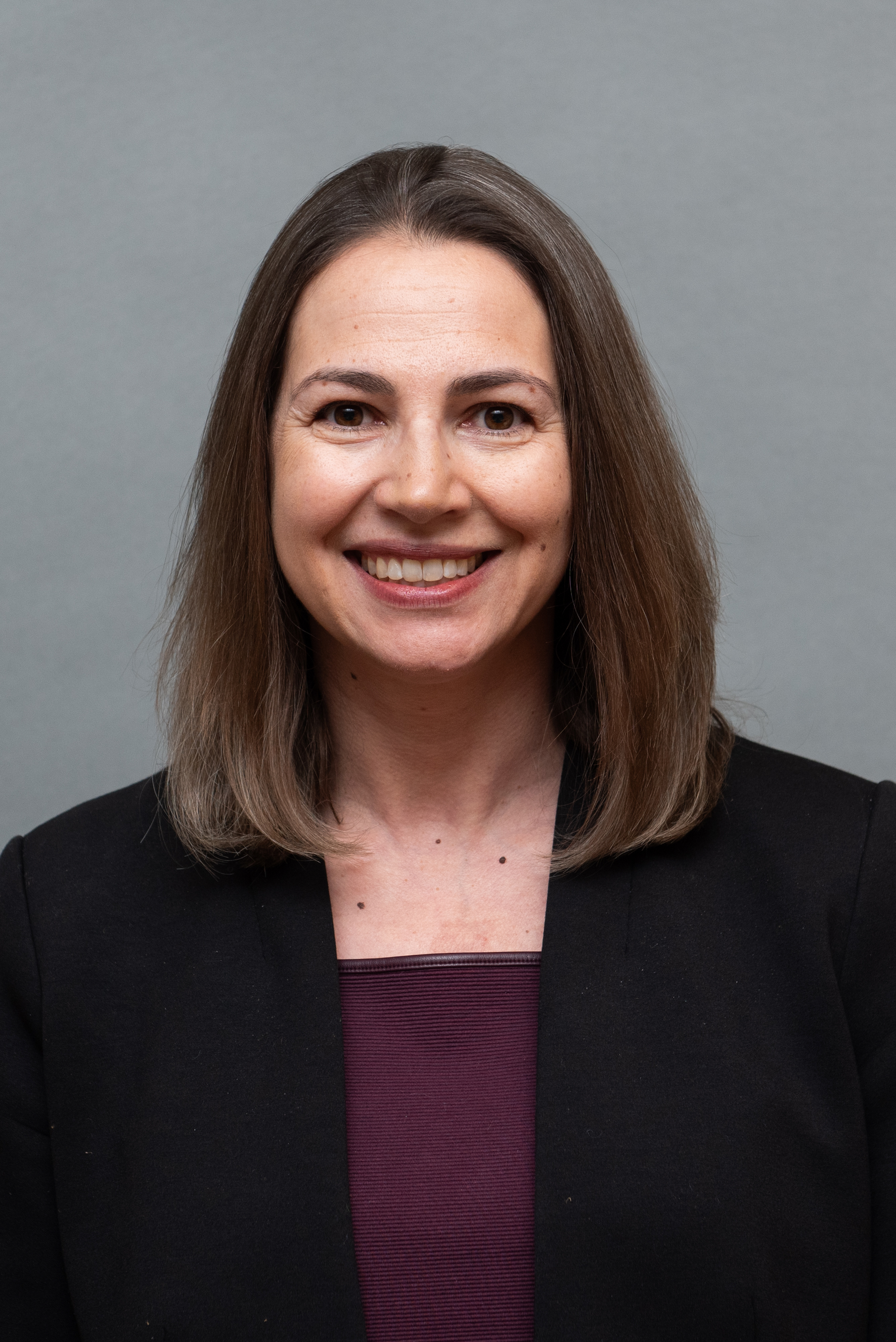
Michelle Neuman (Impact Fellow, Federation of American Scientists)
Michelle Neuman is an applied scholar with more than 20 years of experience working with governments and partners to improve young children’s outcomes in low-resource contexts. Currently, she is an Impact Fellow at the Federation of American Scientists. From October 2023 to February 2025, she was embedded in the U.S. Agency for International Development (USAID), where she strengthened play-based early childhood and education programs in countries including Ethiopia, Tajikistan, and Uganda. Previously, at Results for Development (R4D), Michelle focused on projects related to the early childhood workforce, the politics of early learning, and digital tools to support parenting. Earlier in her career, she led the global early childhood development portfolio at the World Bank after successfully managing a regional program of analytical work and peer learning in 10 African countries. Michelle taught and advised graduate students in international educational development at the University of Pennsylvania for more than a decade. She holds a Ph.D. in Politics and Education from Columbia University and an A.B. in Public and International Affairs from Princeton University.
H.E. Muthomi Njuki
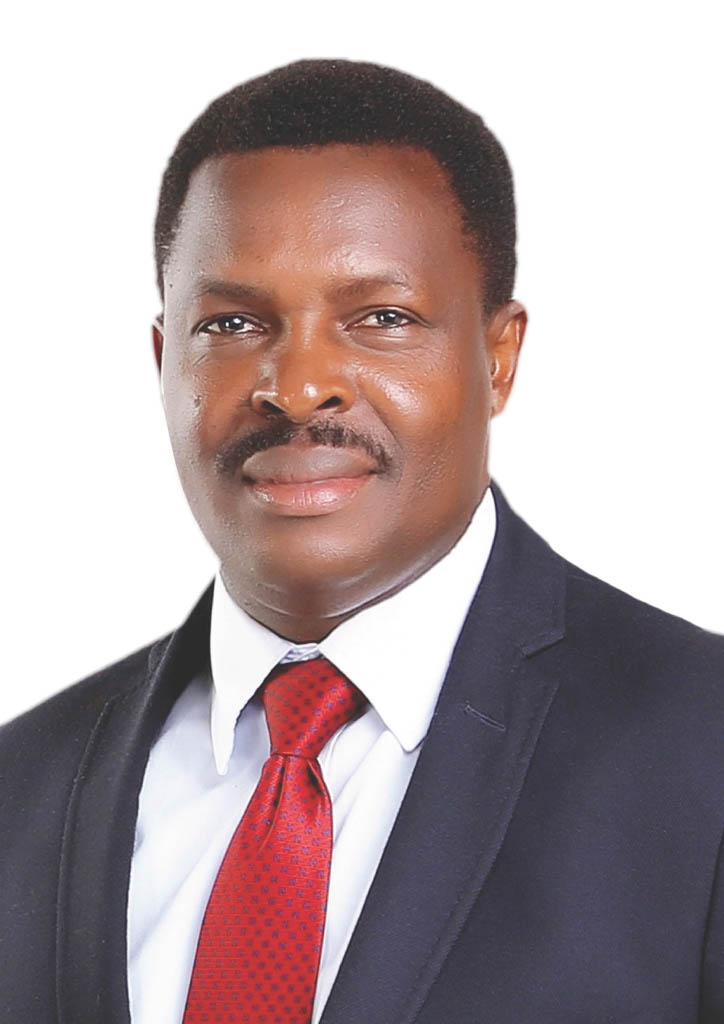
H.E. Muthomi Njuki (Governor of Tharaka Nithi County)
Onesmus Muthomi Njuki is a Kenyan Politician, Governor of Tharaka Nithi County, and the Chair of the Health Committee at the Council of Governors. He has emphatically taken up the role of advocating for improved healthcare in Counties, through numerous collaborations with the National Government, Donor Agencies, and Development Partners to enhance human resources for health, infrastructure, and access to essential supplies and commodities, among other critical aspects informing the state of health in Kenya.
His commitment to the education sector has led to increased investments in infrastructural development in primary schools and the establishment of public-private partnerships with publishing houses. He is an ardent believer that the skills learners acquire in classrooms have the power to revolutionize Kenya and help solve real-world problems affecting growth and development. In collaboration with the Kenya Institute of Curriculum Development and Ministry of Education, Governor Njuki has successfully increased staff availability, and contributed to increased enrollment rates in Early Childhood Education, with over 28,000 learners helping the county meet a net enrollment rate of 99%.
Governor Njuki’s contributions and work in the development of the agricultural sector, which is the mainstay of the majority of the Counties classified under the Central Region Economic Bloc (CEREB), have been recognized globally, since his tenure as the first Member of Parliament for Chuka Igambang’ombe Constituency. He is also an ardent supporter of the youth, arts, and sports, which contributes to improved health and opportunities for advancement of the young people of Tharaka Nithi, who represent over 80% of Kenya’s population. He also holds a B.Ed in Science (Biology and Chemistry) from Kenyatta University and an M.Sc. in Entrepreneurship and Innovation Management from the University of Nairobi.
Simon Onywere
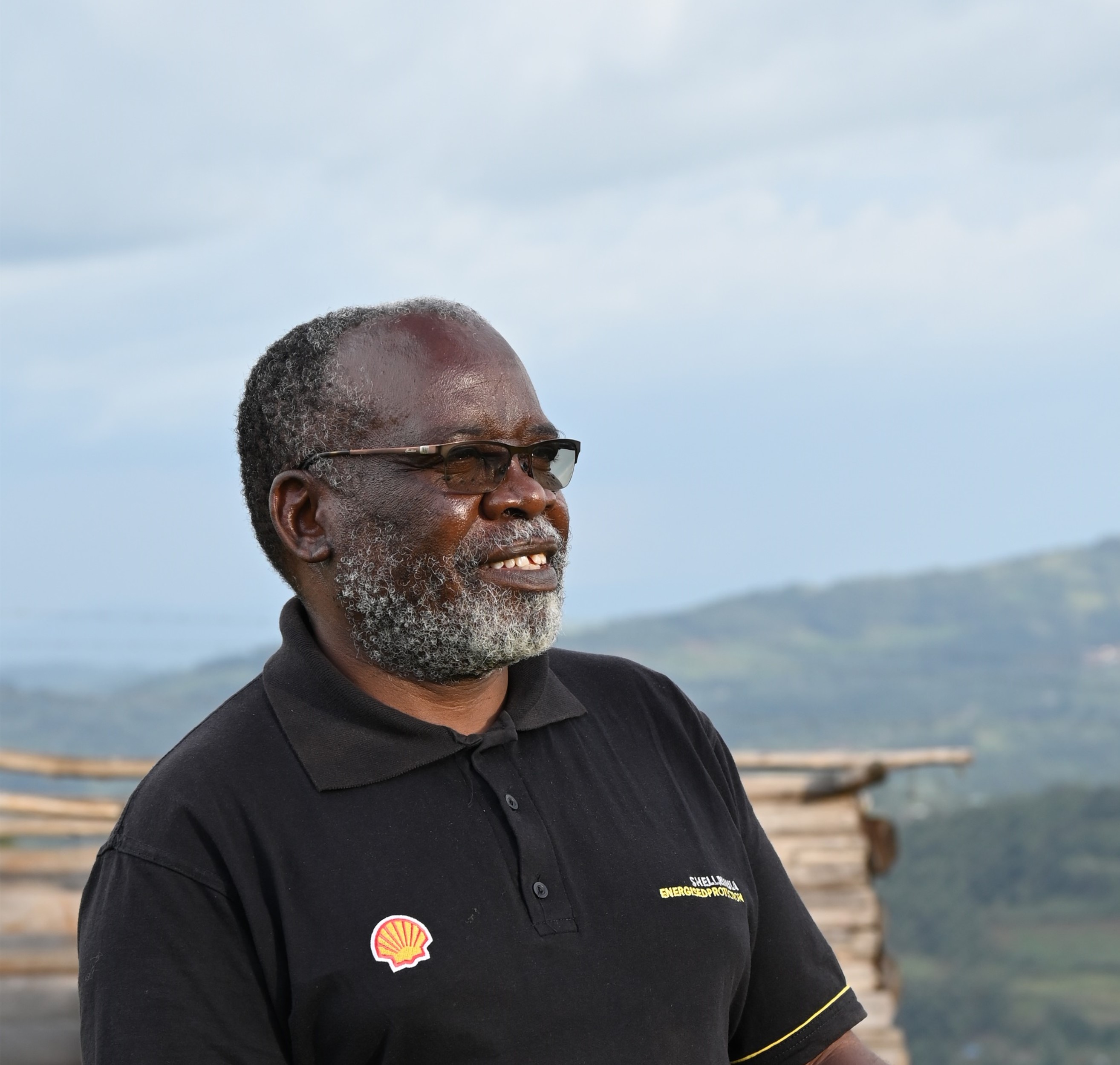
Simon Onywere (Associate Professor, Kenyatta University)
Simon Onywere is an Associate Professor Department of Spatial and Environmental Planning, School of Engineering & Architecture, Kenyatta University, and balances academic roles with impactful research and community engagement. He is currently leading a Gates Foundation-funded study on preschool intervention on effects of child learning and women’s economic empowerment in Tharaka Nithi County. In Oct. 2020 - March 2021 he was part of the Government Multi-Agency Technical Committee that assessed the socio-economic impacts of rising water levels in the Great Rift Valley Lakes, Turkwel Gorge Dam and Lake Victoria. As the ESRI GIS Education Users Ambassador in Africa since 2018, he promotes GIS use in education and championed ESRI’s 100 African Universities Programme in 2014. Onywere specializes in Integrated Environmental Management, developing participatory catchment management plans for communities. He led disaster risk management studies and training across East Africa, including IGAD states. Currently, he chairs KU's Global Tourism Resilience and Crisis Management Centre (GTRCMC - EA) board and actively contributes to the Early Childhood Development Education (ECDE) Network in Kenya.
John Samson Oteyo
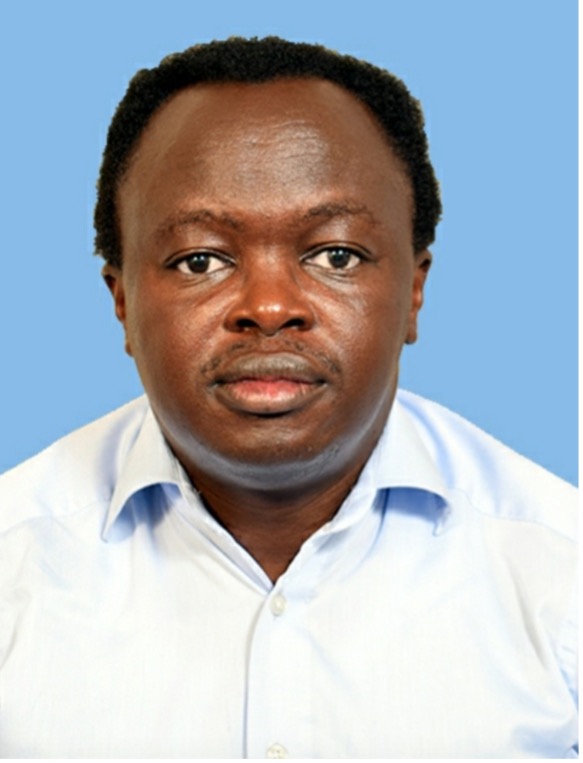
John Samson Oteyo (Lecturer, Kenyatta University)
Dr. John Samson Oteyo has his PhD in education and counselling psychology. He has specialized in developmental and health psychology; psychological assessment, data management and analysis. He has done postdoctoral courses in data mining, analysis and management; monitoring and evaluation, TOT in motivational interviewing, Virtual Open Learning Tertiary Educator Program for Pedagogical Skills of 21st century and the Universal Treatment Curriculum for Substance Use Disorder. He was E-learning coordinator of school of humanities and social sciences Kenyatta university and a trainer in Ajira digital-Kenya (2014-2022). He has been data manager consultant for Fistula Foundation Kenya (2022-2024) and currently research, innovation and outreach coordinator of psychology department Kenyatta University. In RCT project, he is Co-PI leading measurement team and is in charge of following: Support the development and implementation of child assessment and mothers psychosocial assessment tools; assist selection, pretesting and pilot data analysis to inform domestication and adaptation of standardized tools; ensure there is proper administration of instruments, ensure fidelity to project protocol guidelines to mitigate threats of internal validity and ensure protection of human subjects involved (children, fathers and mothers); provide technical and programmatic support in planning and implementation of child and mothers assessment activities to ensure fidelity to project work-plan; Ensure that assessment data is secured, analyzed and interpreted accurately using projected statistical plan; Update/report to research PIs on major highlights and challenges that need to be addressed before, during and after assessment data collection; Support Monitoring and Evaluation of ongoing activities of the field measurement team and ensure adherence to work plan and reporting timelines.
Deniz Sanin
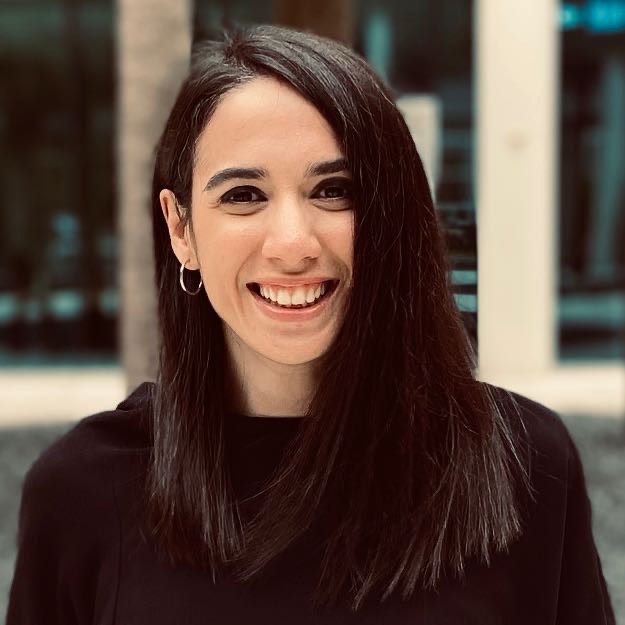
Deniz Sanin (Assistant Professor, University of South Carolina)
Deniz Sanin is an Assistant Professor in the Department of Economics at the University of South Carolina. She received her Ph.D. in Economics from Georgetown University in May 2022. From 2021 to 2022, she was a research fellow in the Women and Public Policy Program at the Harvard Kennedy School. She was a Visiting Scholar in the Department of Economics and Economic Growth Center at Yale University in 2023 and in the Department of Economics at Harvard University in 2024.
Her research is at the intersection of development economics, labor economics and gender economics. She works on domestic violence, female employment, and the gendered effects of labor, family and criminal law, primarily in developing countries, but also in developed ones. Her research aims to understand the determinants of gender inequality and identify potential policies to reduce it. Most of her work combines theory with a natural experiment and uses a combination of large-scale administrative records, spatial data, and household surveys.
Madam Anne Wang'ombe
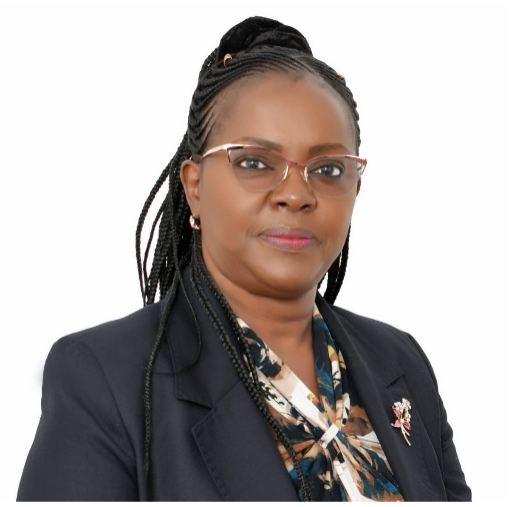
Madam Anne Wang'ombe (Principal Secretary, State Department for Gender and Affirmative Action, Kenya)
Ms. Wang’ombe is the Principal Secretary (PS) for Gender and Affirmative Action in the Ministry of Gender, Culture, the Arts, and Heritage in the Republic of Kenya. An accomplished leader, she has a proven track record in public service and a deep commitment to advancing the rights of marginalized groups, particularly in the realm of Gender Equality and Women Empowerment.
Ms. Wang’ombe holds a Master's degree in Education Administration and Planning from the University of Nairobi and a Bachelor's degree in Education from Kenyatta University. Additionally, she possesses an advanced certificate in Human Resource Management from Highpro Skills Training College in South Africa.
Throughout her career, Ms. Wang’ombe has held various influential positions within the public sector, including roles at the Kenya Revenue Authority Staff Pension Scheme and the Kenya Medical Research Institute, as well as serving as a lecturer at several universities and colleges.
In her capacity as Principal Secretary for Gender, Ms. Wang’ombe oversees the formulation and implementation of policies and programs aimed at promoting gender equity, empowering women, fighting Gender Based Violence and advancing affirmative action for disadvantaged groups. She is dedicated to fostering a culture of equality, respect, and opportunity for all individuals, regardless of gender or background.
Outside of her professional responsibilities, Ms. Wang’ombe is a passionate football fan, supporting community-based teams. She also enjoys hiking, volunteering, and reading in her free time.
Ms. Grace Wasike
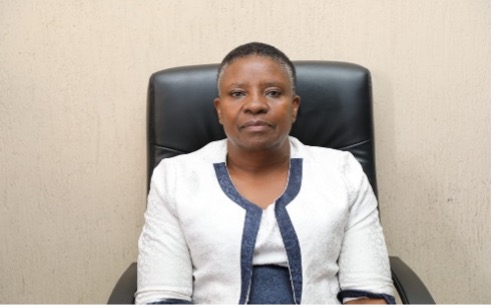
Ms. Grace Wasike (Director Social Economic Empowerment, State Department for Gender and Affirmative Action, Kenya)
Grace Margaret Wasike is the Director responsible for Socio-economic empowerment at the State Department for Gender and Affirmative Action in Kenya. She has a Master of Development Specializing in Gender, Social Inclusion & Rural Livelihoods from Larenstein University, in The Netherlands, a Bachelor of Agriculture & Home-Economics from University of Egerton in Kenya and a Postgraduate Diploma (PGD) in International Relations from the University of Nairobi. Her major achievements at the State Department responsible for Gender include successfully coordinating the development and adoption of the National Policy for Women Economic Empowerment as well as development of the National Care Policy (that is currently under consideration by the Cabinet). Ms. Wasike has previously worked as a Gender expert worked at the Ministries of Agriculture, East African Community and Mining.
Judith Waudo
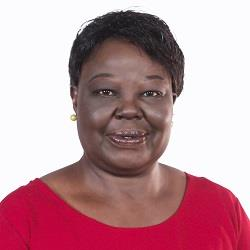
Judith Waudo (Full Professor, Kenyatta University)
Prof. Judith Ndombi Waudo holds a Ph.D. degree in Nutrition Education from the University of Edmonton, Alberta, Canada. She is currently the Director of Gender Equity and Empowerment at Kenyatta University and the hub leader of the Kenyatta University Women Economic Empowerment hub. She is a Full Professor in the Department of Food, Nutrition, and Dietetics. She has 38 years of teaching and research experience. She is the author of fifty publications. She is the chair of the Technical Committee for the African Centre for Transformative and Inclusive Leadership Center based at Kenyatta University. Currently, she heads the Bill & Melinda Gates project on "what works to improve women's economic empowerment in Kenya". She has participated in the development of the UN women's economic tools and the review of the Kenya National Policy for Women's Economic Empowerment. In addition, she has been involved in research on sexual harassment. Administratively, Prof Waudo has 30 years of experience in leadership. In addition, to the above-mentioned responsibilities, Prof Waudo sits on many Vice Chancellors committees such as chairperson, of the University Ranking Committee and member of the University Bursary Committee.